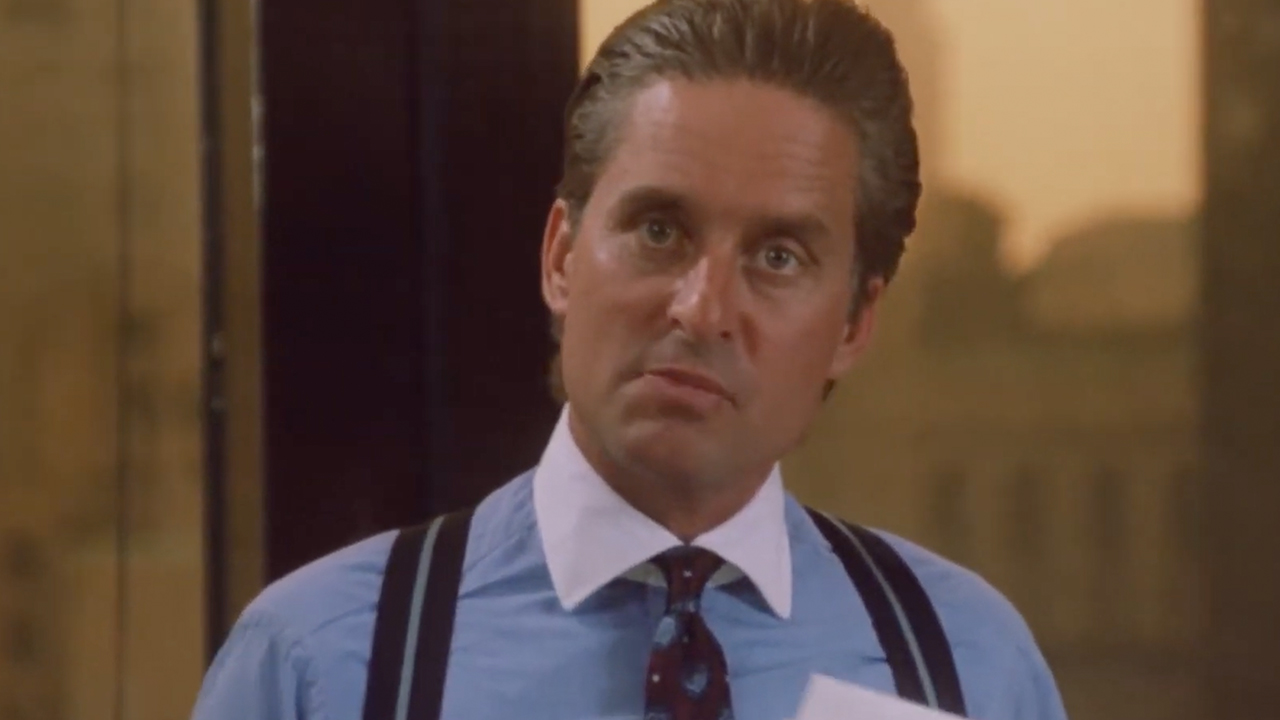32 Wildly Inaccurate Historical Films
Even great movies don't always tell the truth.
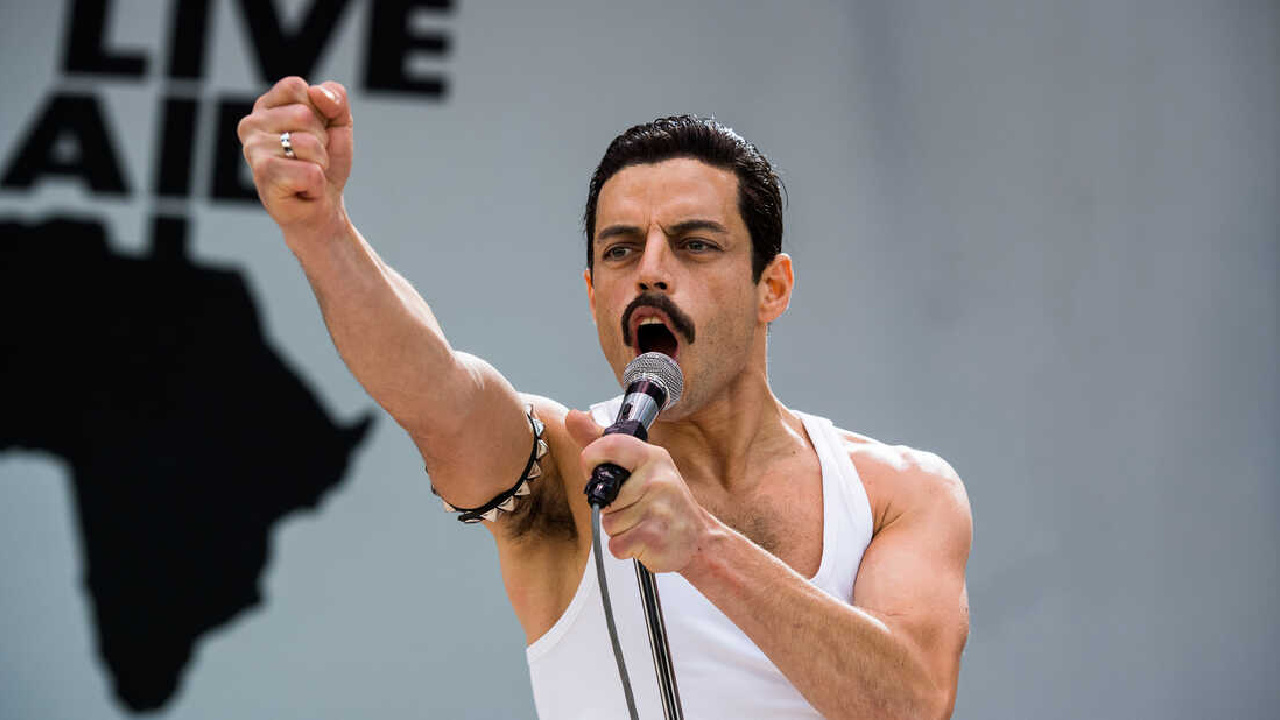
Your Daily Blend of Entertainment News
You are now subscribed
Your newsletter sign-up was successful
Movies based on true stories and real history have been staples in Hollywood since its earliest days. Getting the history incorrect has been a tradition as well. It’s important to note that just because a movie isn’t 100% true, doesn’t always mean it’s a bad movie.
There are many reasons filmmakers may choose to omit facts or change the story for cinematic reasons, but it’s still important that those changes be noted. Other times though, those missing facts or changed moments ruin the film completely.
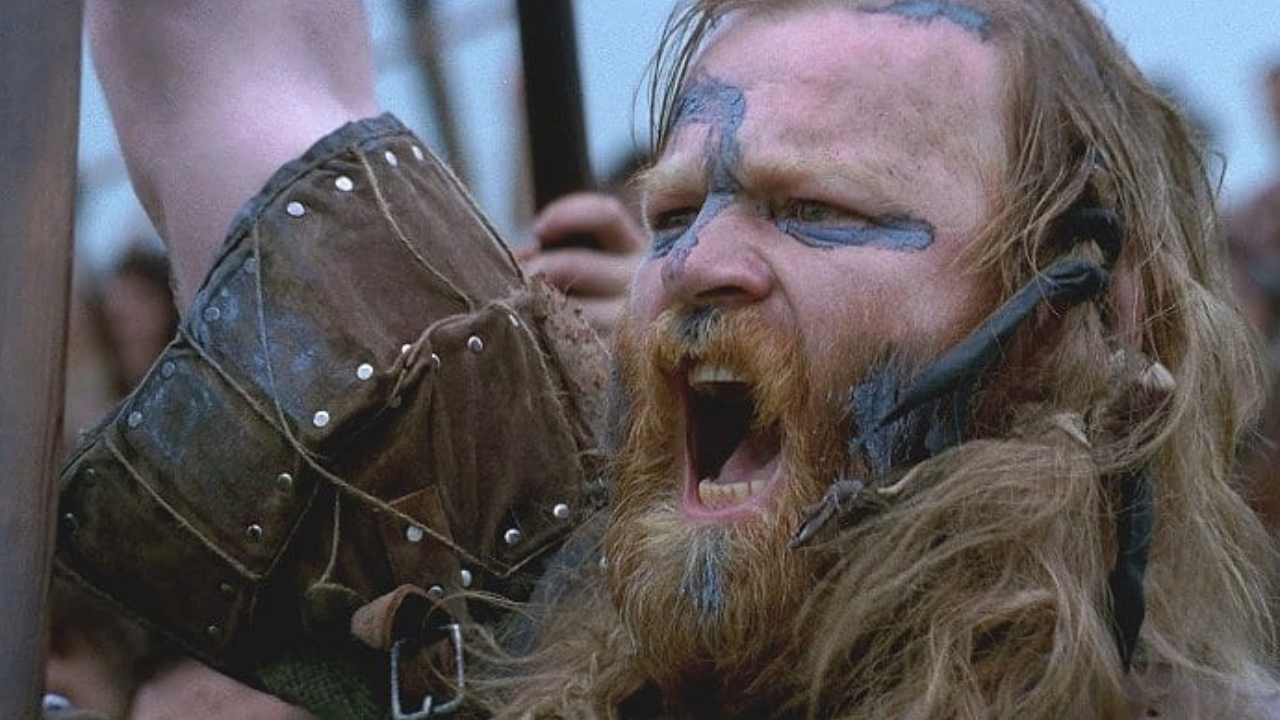
Braveheart (1995)
Mel Gibson’s Braveheart is the king of historically inaccurate movies. Fans love the battle sequences, but those sequences are nowhere close to how they were in history. There are too many historical inaccuracies to note here, but one important one is the portrayal of the Battle of Stirling Bridge, in which there is no bridge in the movie. William Wallace used the river and the bridge brilliantly to win the battle, instead, audiences get a giant melee on an open field.
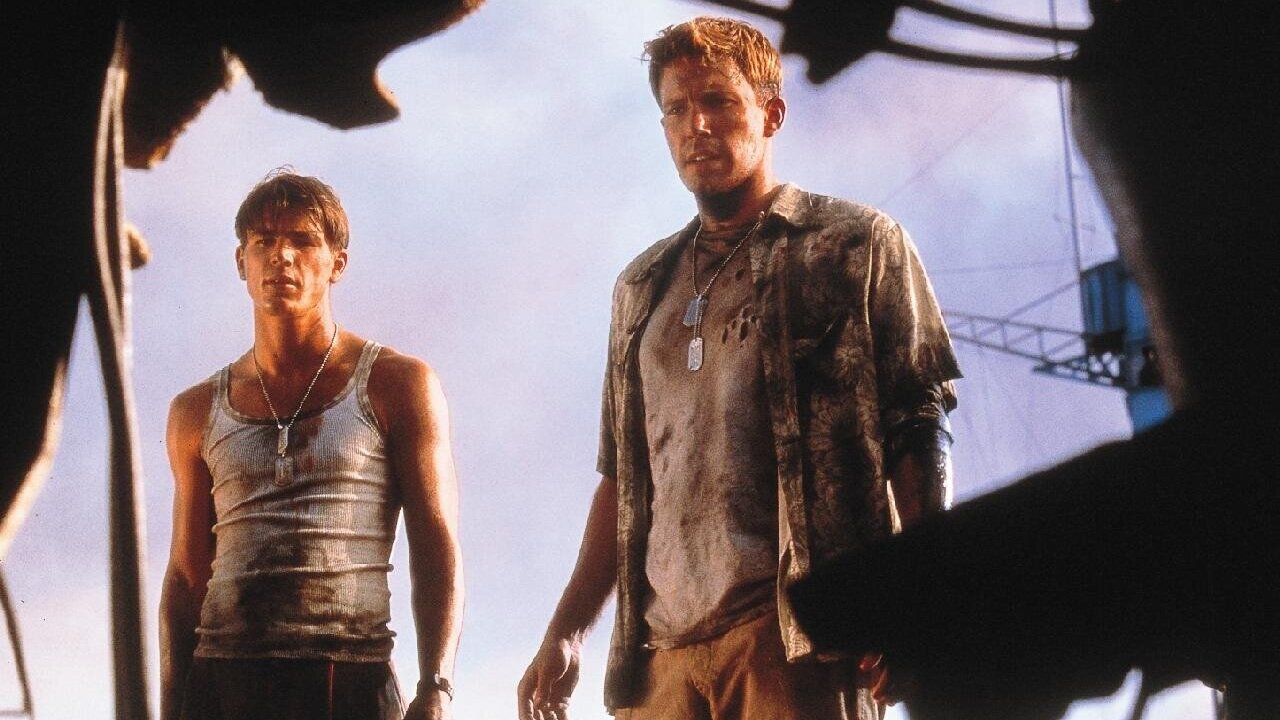
Pearl Harbor (2001)
There are a lot of reasons to criticize 2001's Pearl Harbor, but for brevity’s sake, let’s just say that there was no one in history who was in the Battle of Britain, and at Pearl Harbor, and who took part in the Doolittle Raid, as Ben Afflect’s character did in the movie. It’s frankly insulting that they would make such a character, diminishing those who did participate in each event. On the other hand, it is about Pearl Harbor. Sort of.
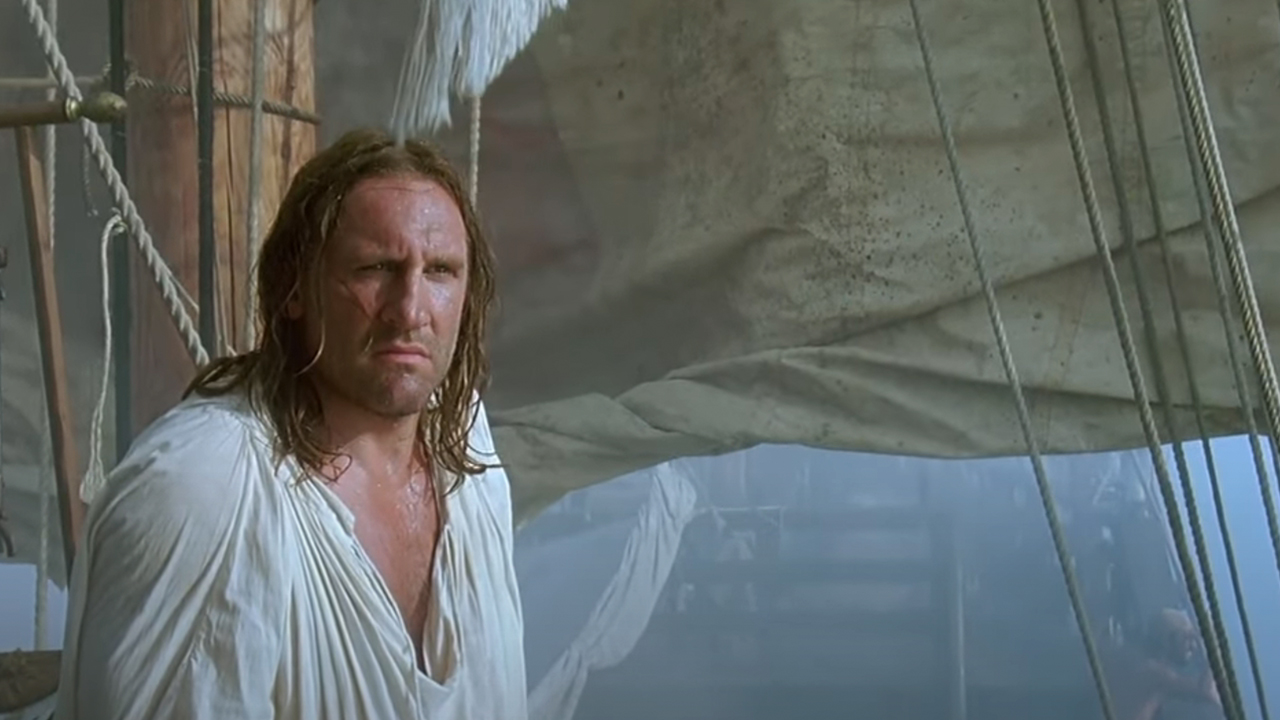
1492: Conquest Of Paradise (1992)
1492: Conquest Of Paradise is… not a good movie. It’s easy to go on and on about Christopher Columbus’ reputation, and how he is portrayed in the movie as a hero, but rather than do that, we’ll focus on one glaring historical mistake. No one with any kind of education in 1492 believed the world was flat. The idea that Columbus’ ideas were not widely accepted or even heretical is hogwash, like this movie.
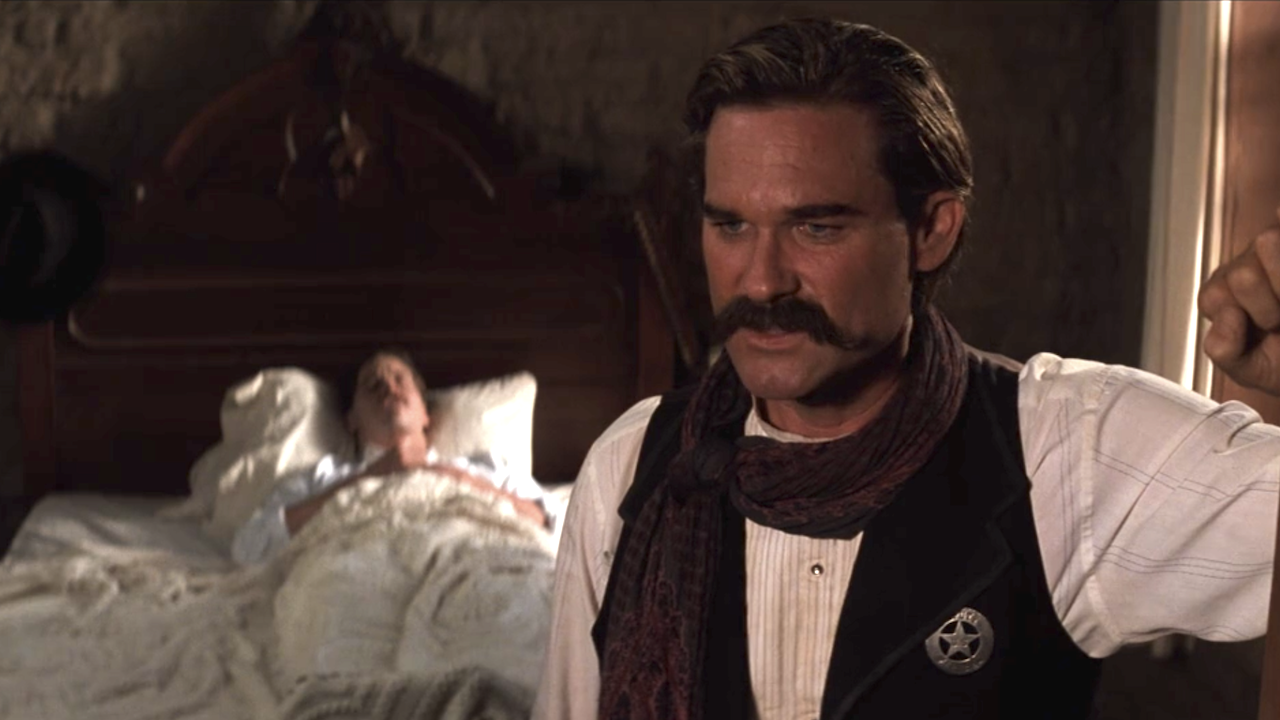
Tombstone (1993)
1993’s Tombstone is one of the best Westerns ever made. That doesn’t mean it’s historically accurate. The movie relies on the myth of Wyatt Earp more than fact. It makes for a doozy of a watch, but don’t go teaching it to kids about how life was in the Wild West.
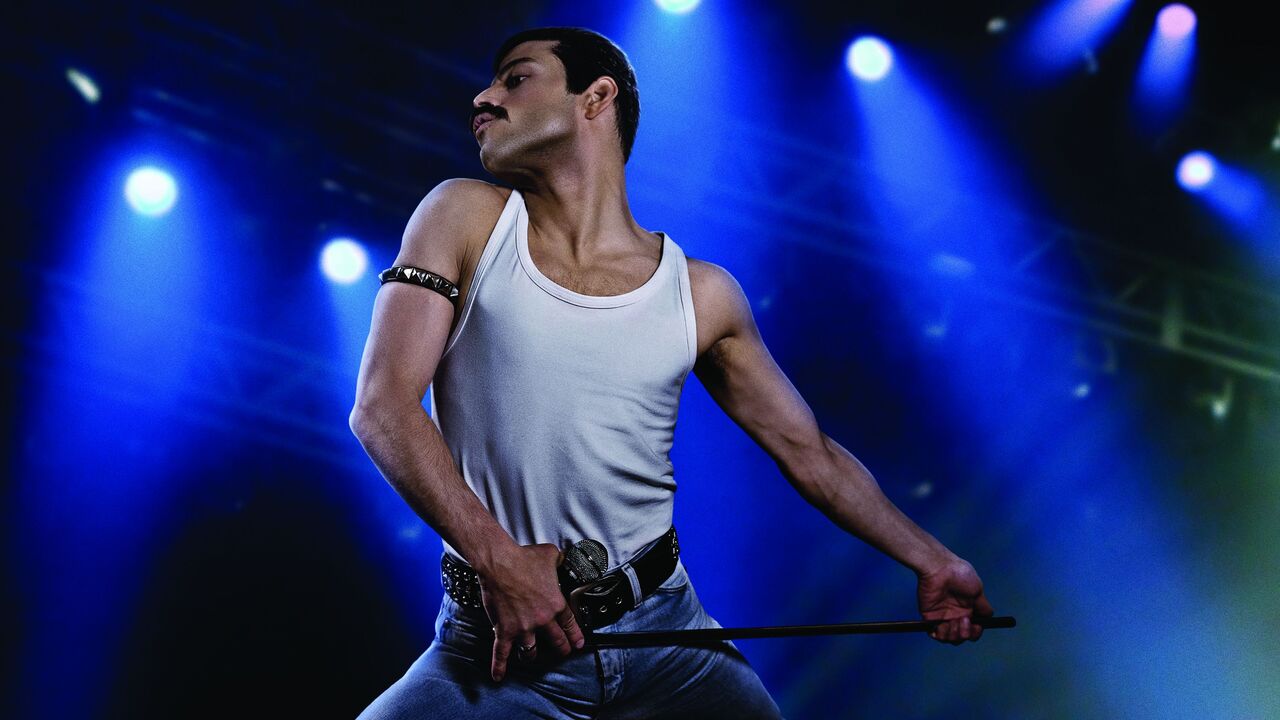
Bohemian Rhapsody (2018)
Biopics are notorious for changing the facts to suit the story and the reputation of the people they portray. Bohemian Rhapsody is no exception, even though it deserved the awards it won. The worst moment for fans of Queen and those who know their history comes at the end of the movie. It ends with Queen’s epic performance at LiveAid, but that wasn’t the first time they’d played together in years as depicted, nor was Freddie Mercury aware that he had HIV/AIDS at the time. They crammed a lot in at the end.
Your Daily Blend of Entertainment News
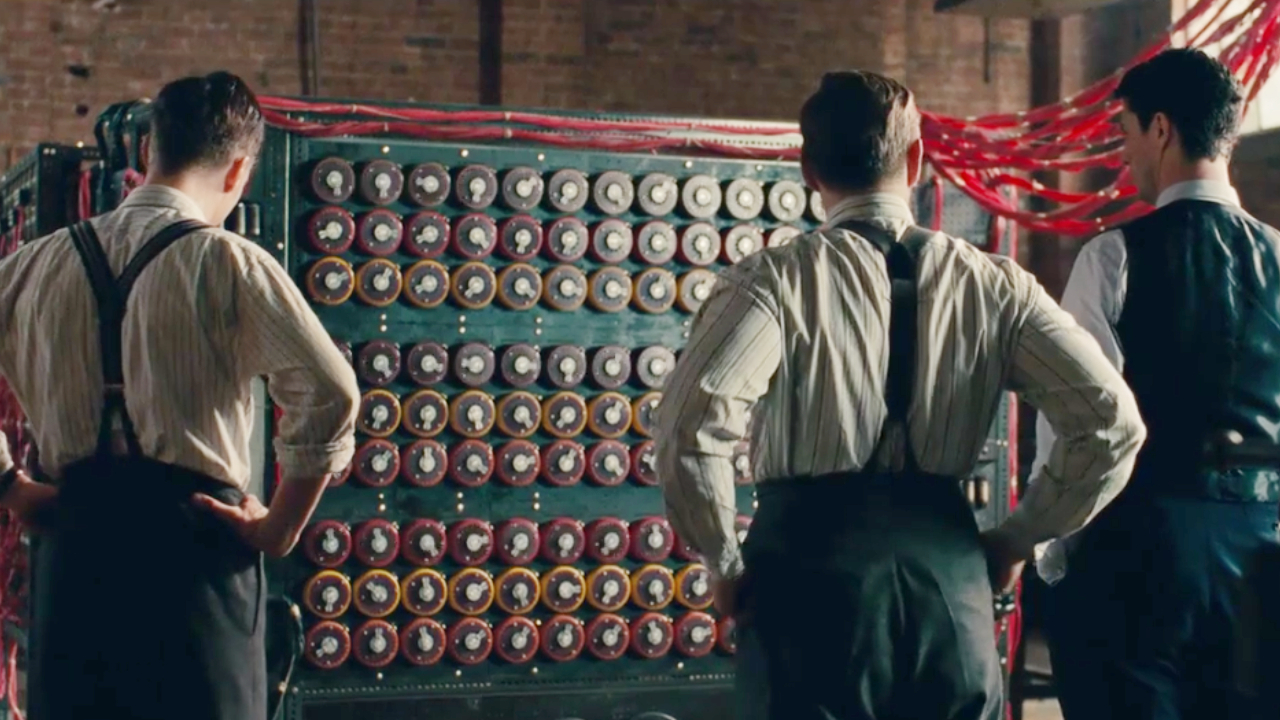
The Imitation Game (2014)
No one can watch The Imitation Game and call it a bad movie. No one, that is, except historians. There are numerous examples of a good story getting in the way of historical accuracy throughout the movie, from Alan Turing’s (Benedict Cumberbatch) personal life, to his personality quirks, indeed even to how he worked, and what he worked on, at Bletchley Park. Just for starters, he had a lot of friends and worked closely with everyone on his team. There are plenty of more examples, but we can leave it that for now.
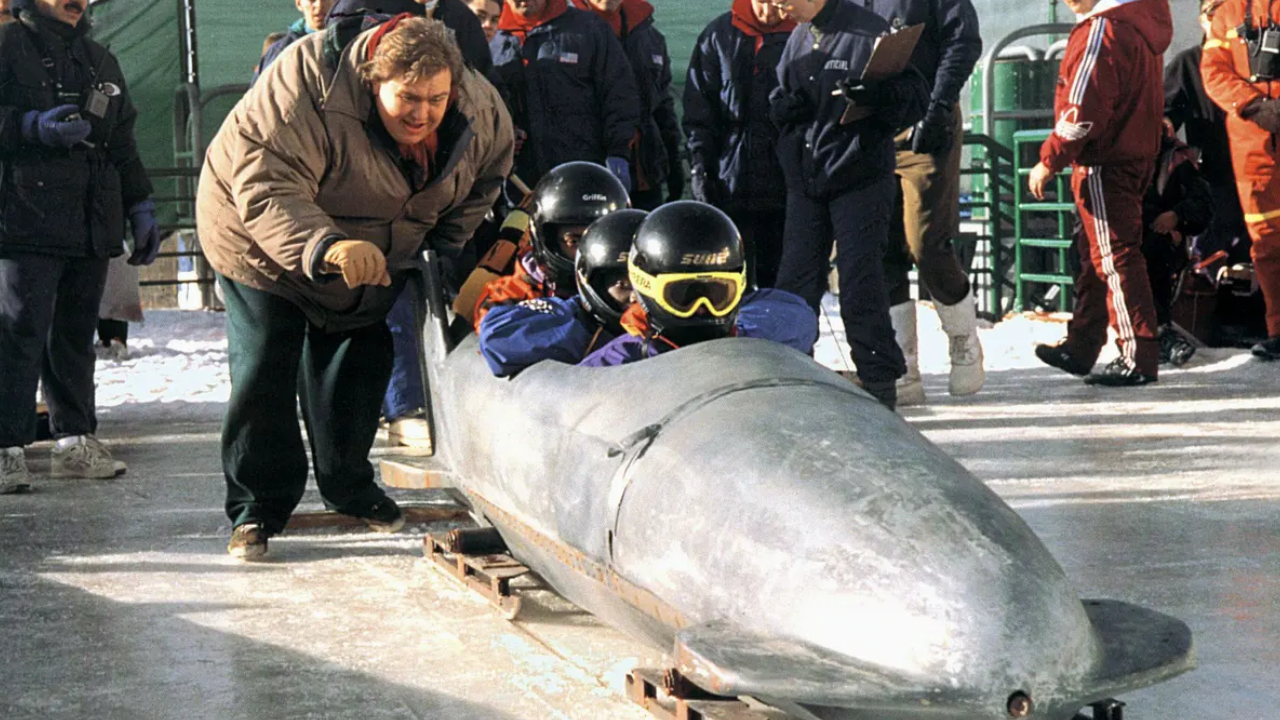
Cool Runnings (1993)
It seems a little silly to have a movie like Cool Runnings on this list, but despite being a really fun movie, it takes a lot of creative license. For one, the team was not shunned by the bobsled community, they were celebrated. They also were never in medal contention, as the movie implies. Finally, it was pressure from the whole bobsled world that got their appeal approved to even compete, not the work of one man, as depicted. Still, it’s a wonderful movie.
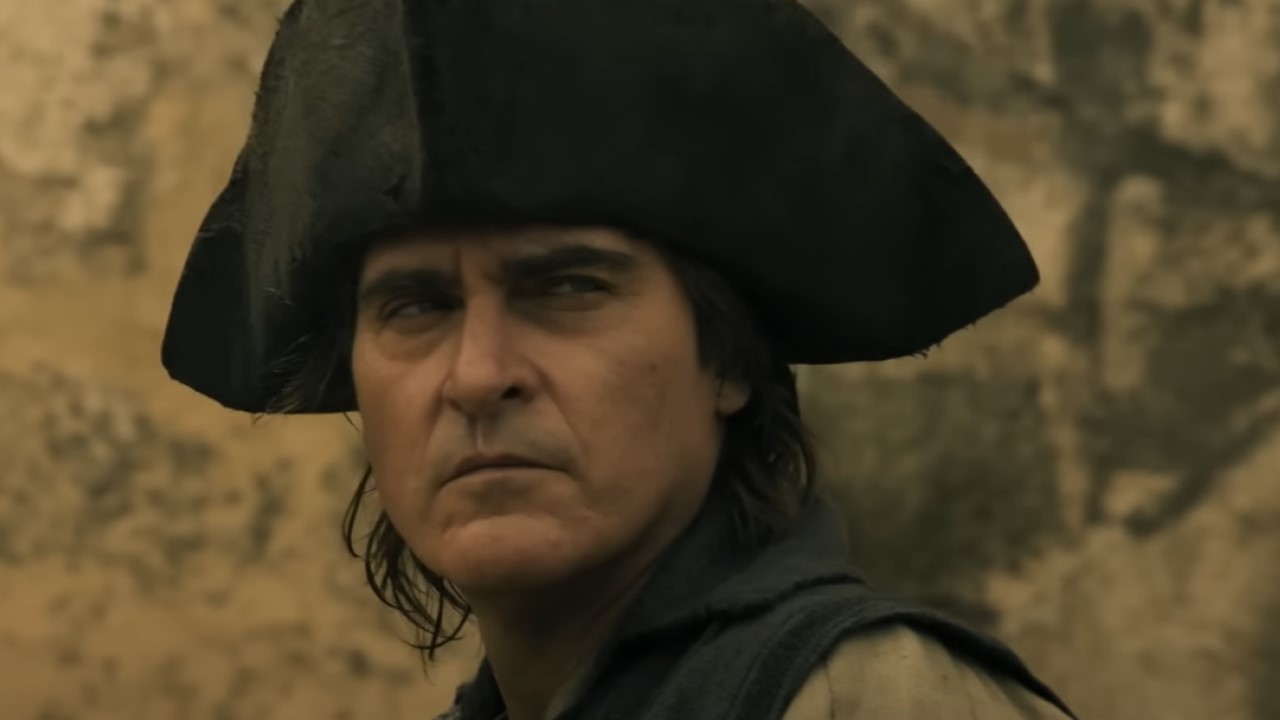
Napoleon (2023)
Director Ridley Scott makes great movies, but historians love to jump all over the liberty he takes with the facts. Napoleon is no different, as many historians have come down hard on the film's inaccuracies. The criticism is something Scott simply doesn’t care about, and he strongly denounced those who called him out, telling them to, “Get a life.”
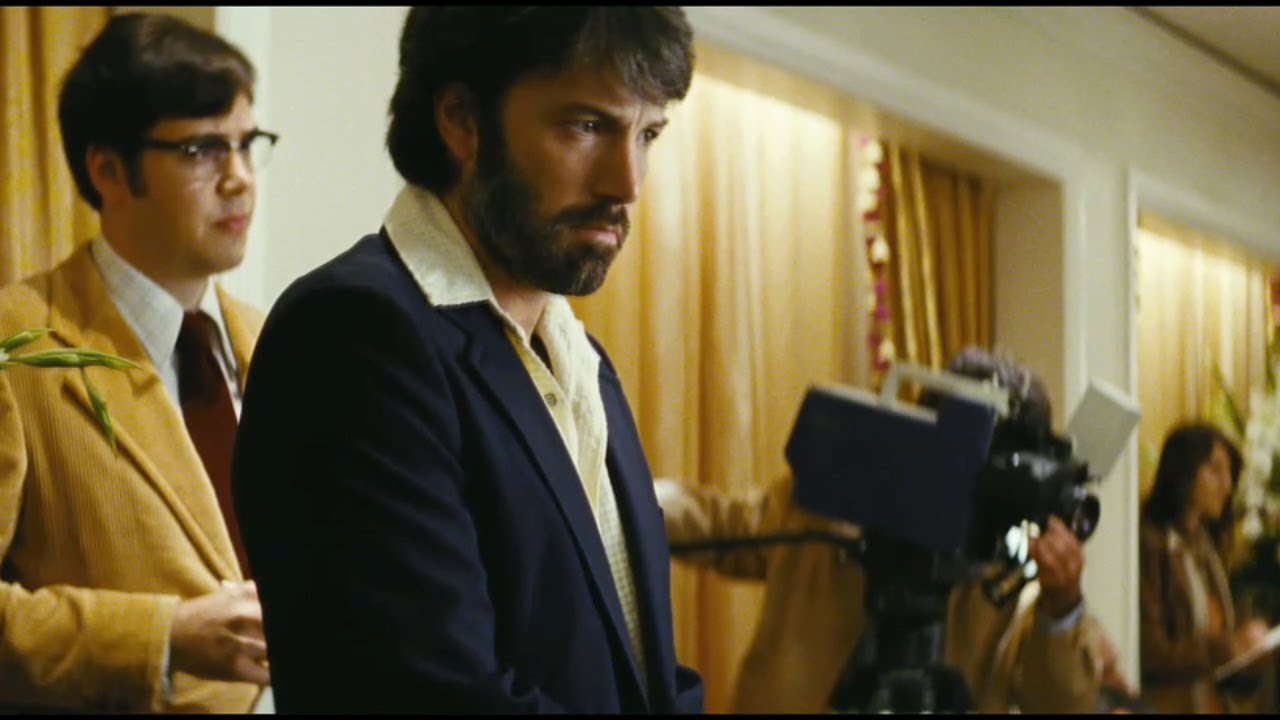
Argo (2012)
Argo is the perfect example of a great movie, that takes a lot of liberties with the actual history. The Best Picture Oscar winner tells the story of the CIA creating a fake movie as a cover to get hostages out of Iran. The problem with the movie is that most of the people involved, including President Jimmy Carter, say that the role of the Canadian government, especially Ambassador Ken Taylor, played by Victor Garber, was greatly diminished in the movie and that they deserve most of the credit.
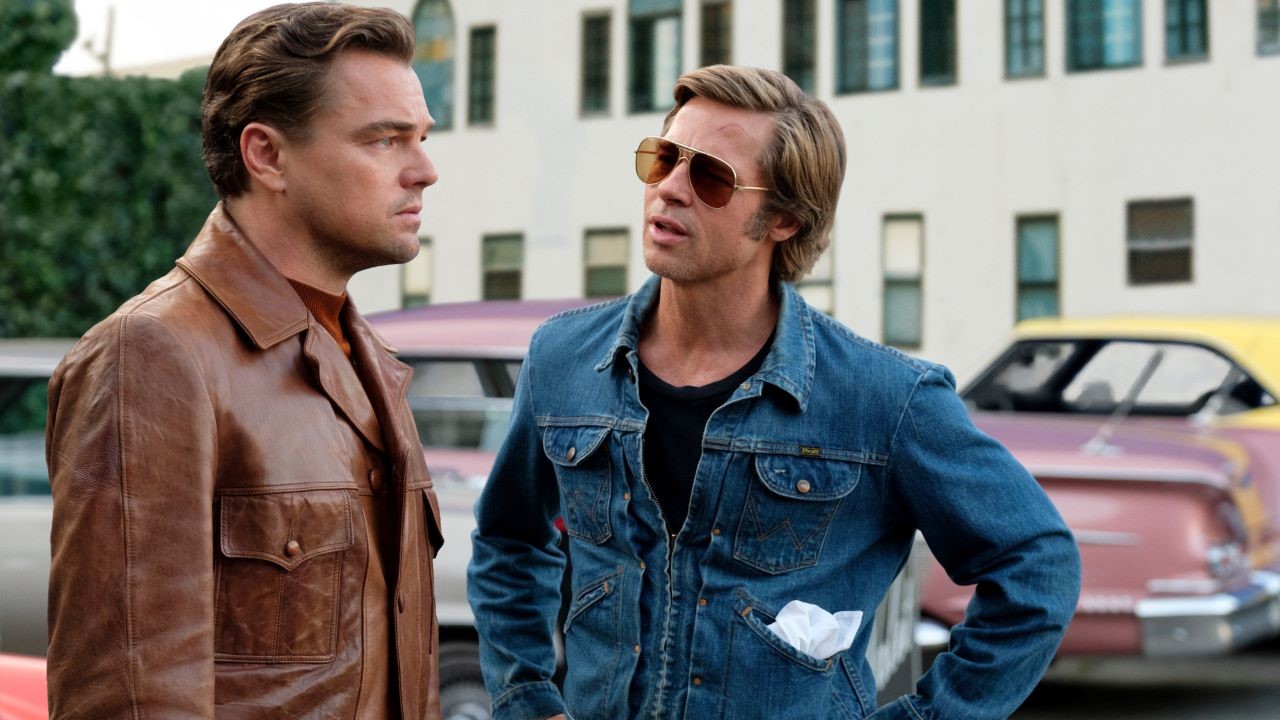
Once Upon A Time In Hollywood (2019)
Quentin Tarantino's Once Upon A Time In Hollywood isn’t supposed to be the “true” story of the Sharon Tate murder, but it’s still worth noting on this list. It’s presented honestly, as an alternate history where Tate is saved from the Manson Family, but obviously, that’s tragically not what happened.
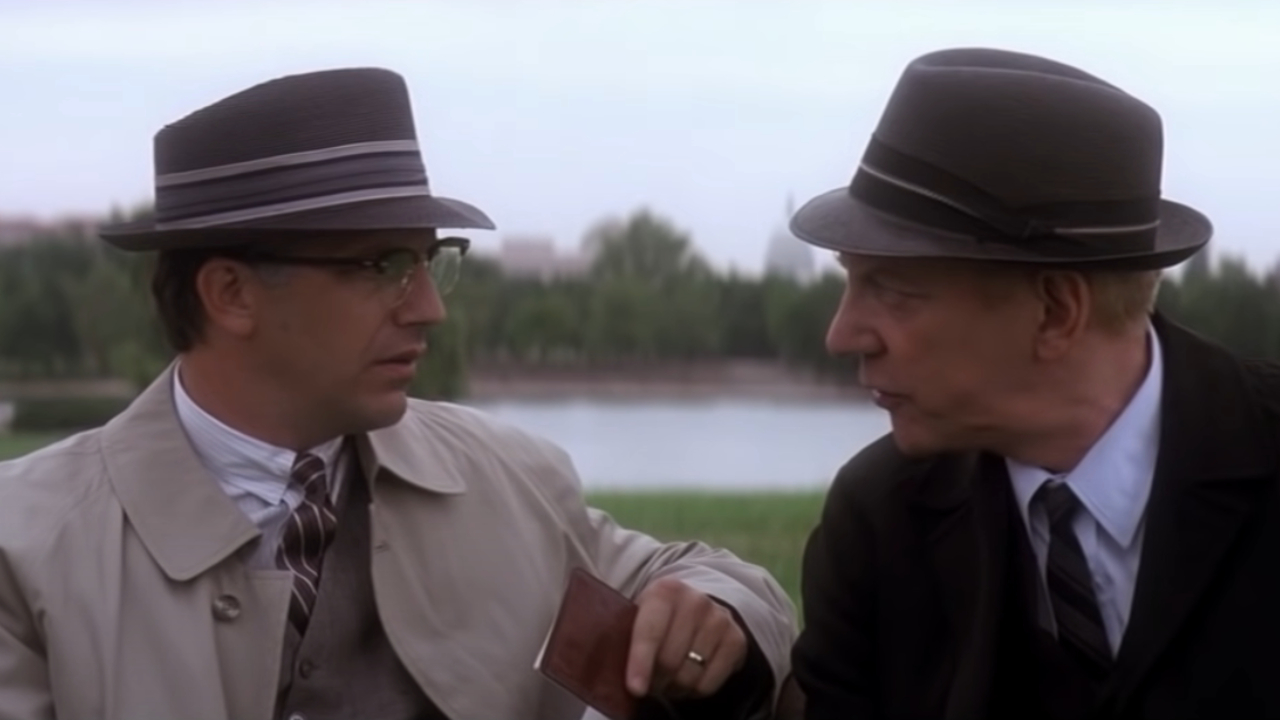
JFK (1991)
Oliver Stone’s 1991 epic JFK is a little tricky here. The movie famously focuses on Jim Garrison (Kevin Costner) and his investigation into John Kennedy’s assassination. The investigation has been criticized as being mostly conspiracy theory, therefore making it fairly inaccurate. However, the movie is actually pretty accurate to Garrison’s investigation. So that makes it both accurate and inaccurate, a rarity here.
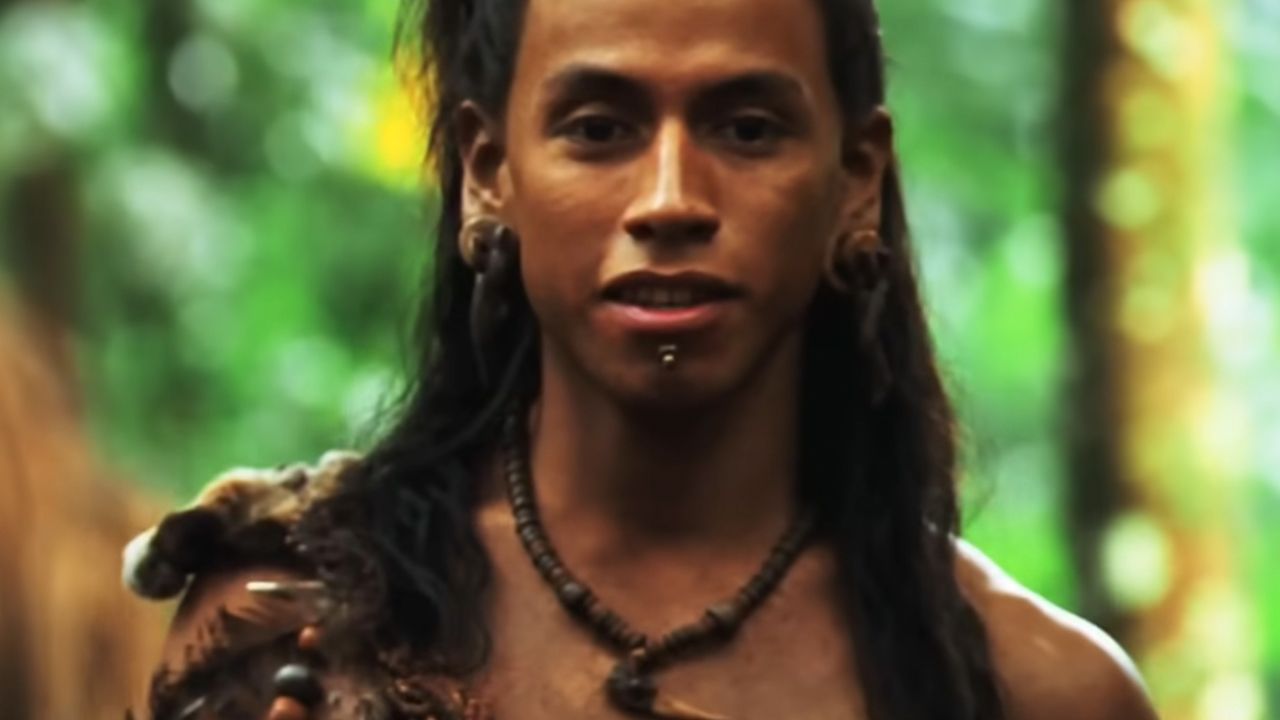
Apocalypto (2006)
Mel Gibson’s directorial follow-up to The Passion of the Christ took him all the way to the other side of the world with Apocalypto. Set about 500 years ago during the Mayan Empire, Apocalypto is a fascinating movie, but many scholars have called it out it for unfairly portraying the Mayans as far more barbaric than in reality. While there were examples of human sacrifice in Mayan history, for example, it wasn’t as common as the film implies.
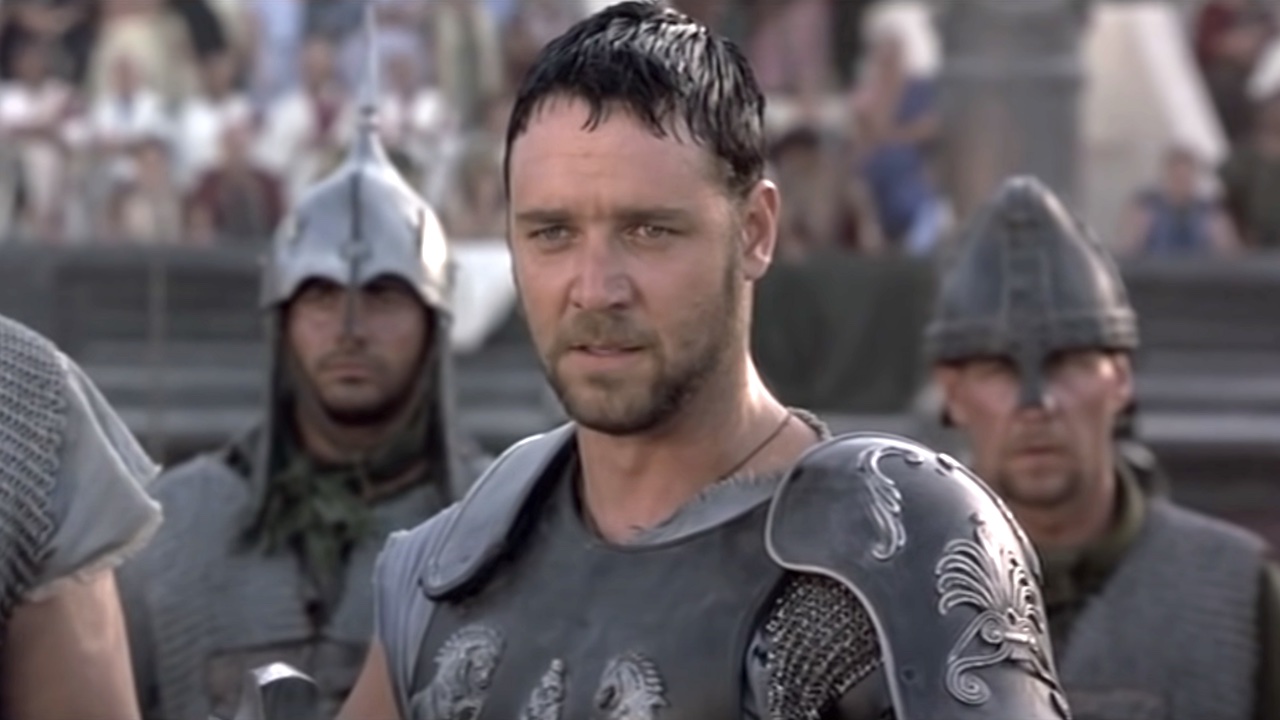
Gladiator (2000)
Remember, historical inaccuracies don’t automatically make for poor movies and Gladiator is a perfect example. It’s a great movie, with amazing performances and set pieces. But it plays very fast and loose with the facts, including, most notably, Commodus (Joaquin Phoenix) killing his father, Marcus Aurelius (Richard Harris).
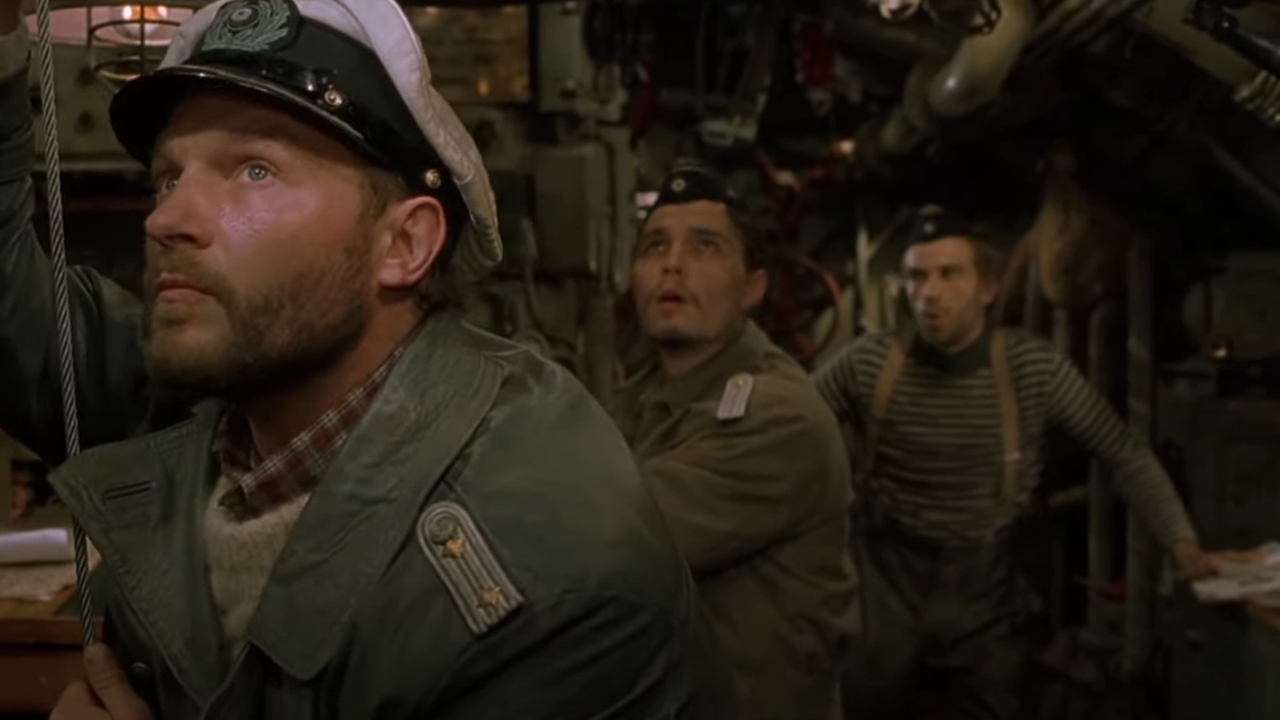
U-571 (2000)
Few movies produce as much anger in historians than U-571. This is especially true of British scholars. Even then-Prime Minister Tony Blair declared the movie “an affront” to British sailors during World War II. Why? The entire plot of the movie revolves around Americans capturing the first German Enigma Machine in 1942. The problem? The Brits had captured one a full year before, months before the Americans even entered the war. Oops.

Battle Of The Bulge (1965)
1965’s Battle of the Bulge, about the battle of the same in World War II is so historically inaccurate that Dwight Eisenhower, the Supreme Allied Commander at the time of the actual battle, was described as “outraged” by the movie. I think that’s all we need to say.
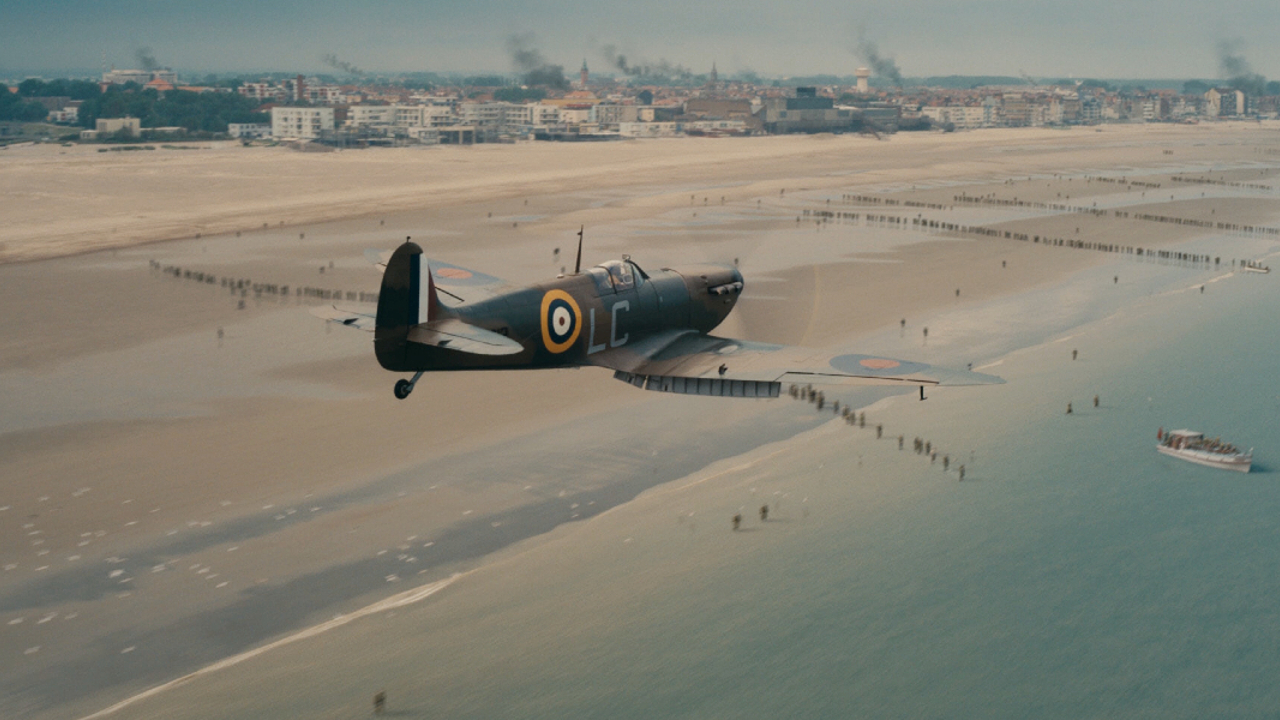
Dunkirk (2017)
Dunkirk is another tricky one here because most of the inaccuracies are because Christopher Nolan wanted to make a great movie, as well as tell a true story. The biggest problem most scholars have is a lack of soldiers on the beach. In reality, it was 10s of thousands of soldiers. Nolan didn’t want to use CGI, so the beaches look far less crowded than the reality. There is also the stunning scene at the end with the plane flying over the beach after running out of fuel, which is physically impossible. Still, it’s an amazing movie and much of it was very accurate.
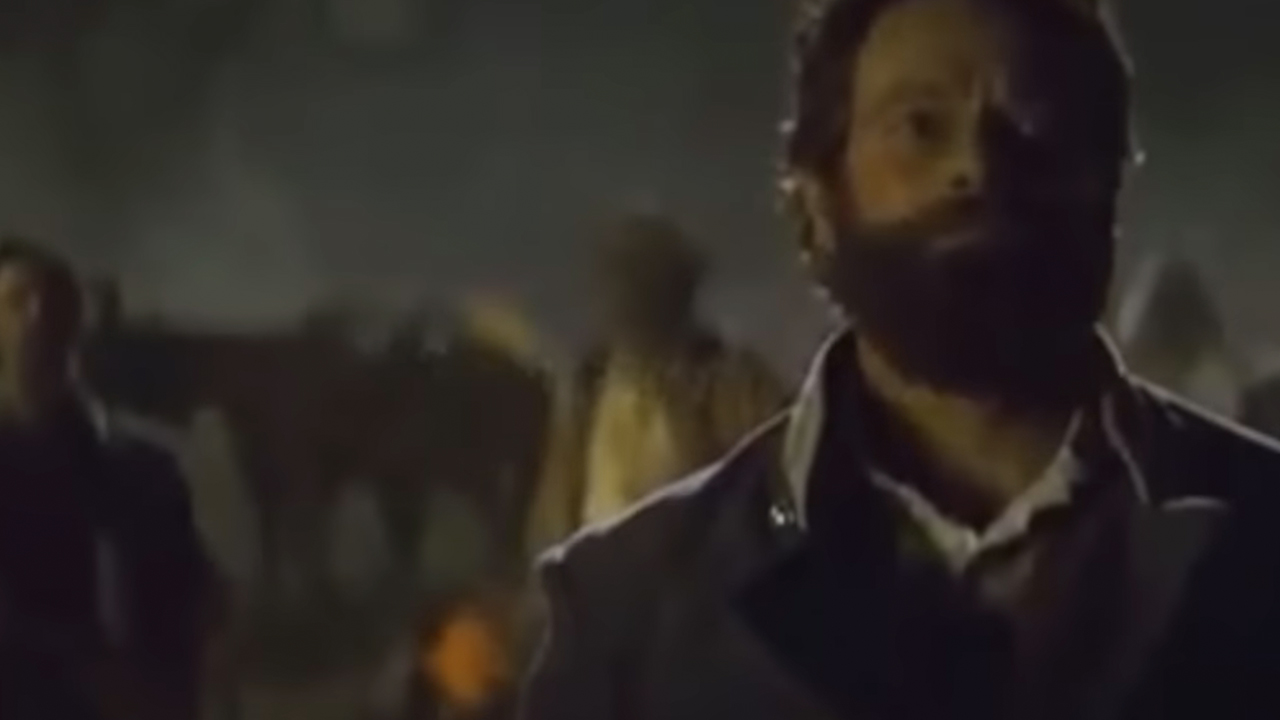
Gods And Generals (2003)
Among the most criticized films on this list is the 2003 Civil War epic Gods and Generals. The Southern Poverty Law Center said it “glorifies the Confederacy” and serves to further the “Lost Cause” narrative of neo-Confederates. Even the author of the book that the movie was based on denounced it.
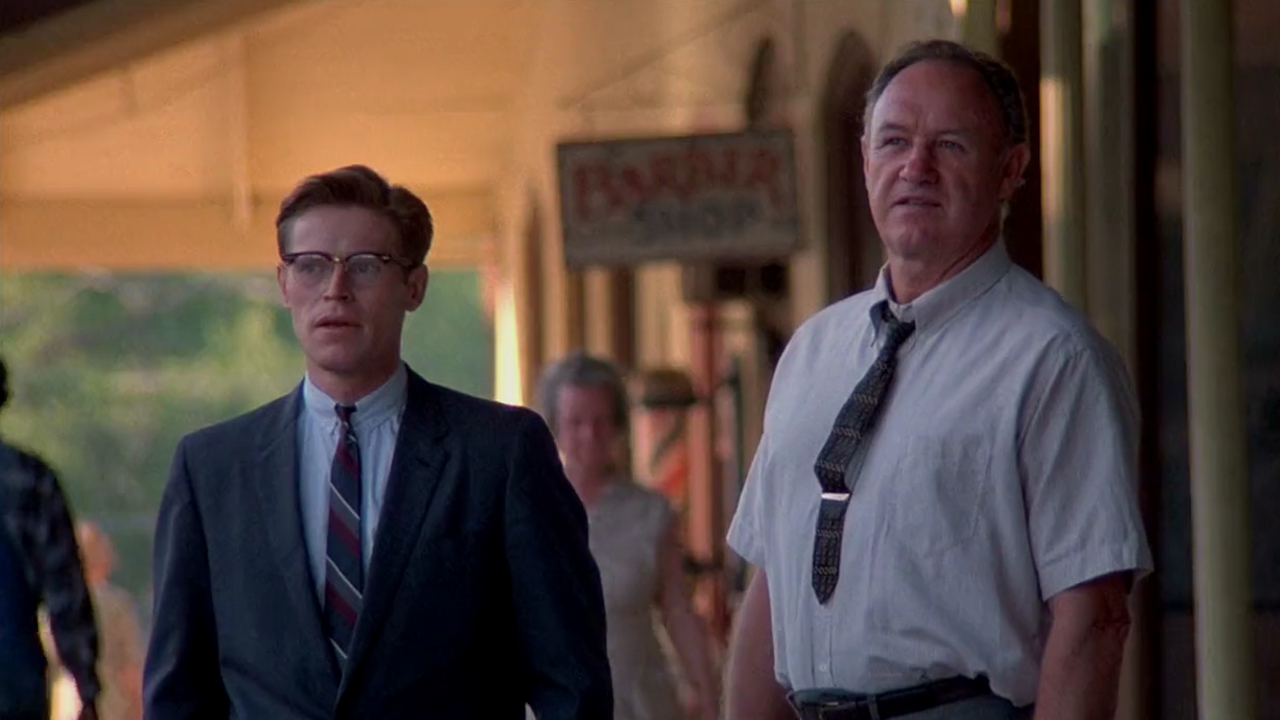
Mississippi Burning (1988)
This has to be the most heartbreaking movie to include on this list is Mississippi Burning. The incident it portrays is one of the most important moments of the Civil Rights movement when two Jewish and one Black civil rights workers were murdered in Mississippi in 1964. It’s a critical story to be told. Yet, it was so fictionalized in the movie that many Civil Rights activists denounced and boycotted it.
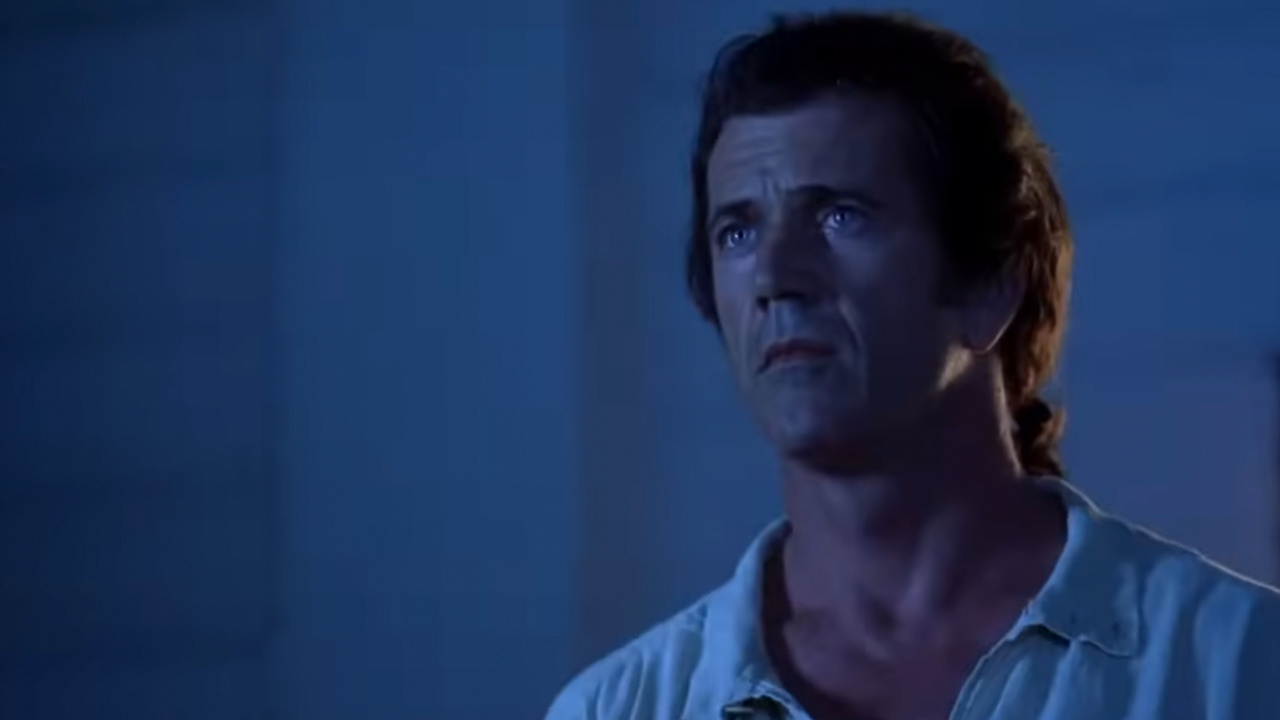
The Patriot (2000)
Roland Emmerich 2000’s film about the American Revolution, The Patriot, starring Mel Gibson as a widowed father of seven children who is reluctant to join the fight is so offensively inaccurate that even Gibson himself called it “sheer fantasy.”
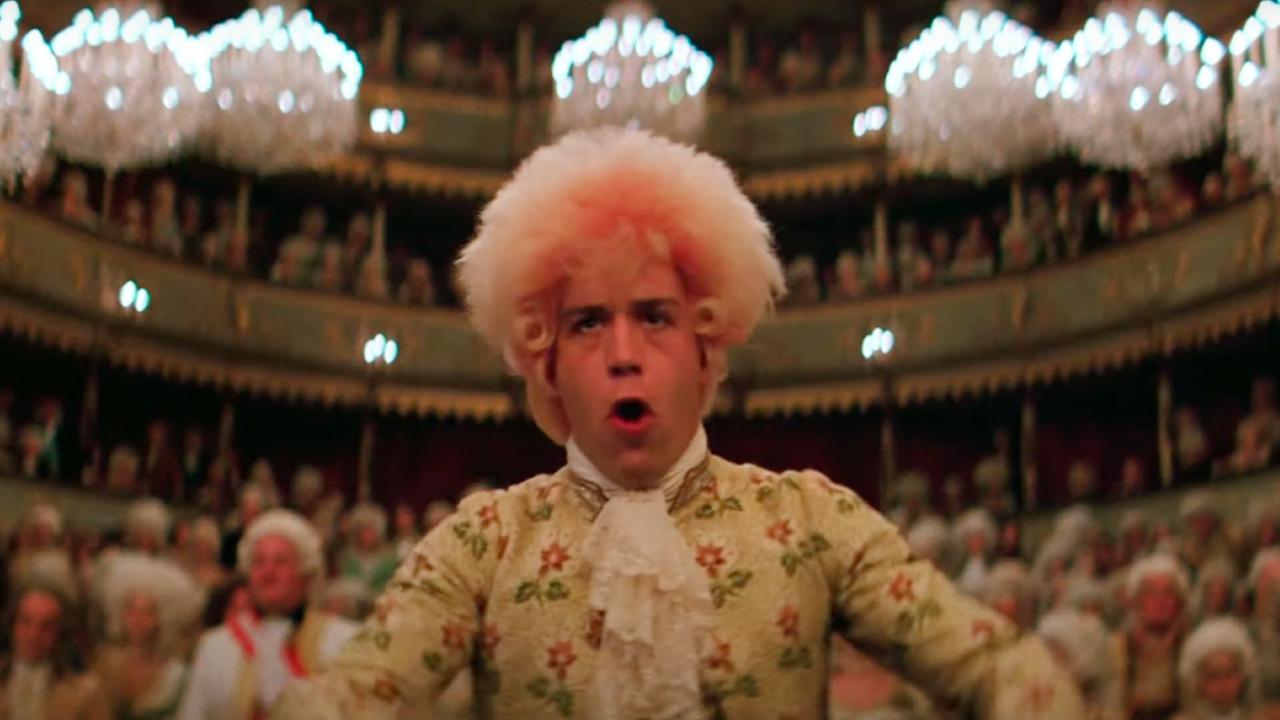
Amadeus (1984)
1984’s Amadeus won eight Academy Awards, and for good reason, it’s fantastic. It’s not, however, a true story. It may be based on the life of Wolfgang Amadeus Mozart, but very little of what happens in the movie happened in real life. It was meant to be a fantastical version of his life, sure, but it’s important to remember that often myths, like the ones this movie creates, become historical beliefs in the future.
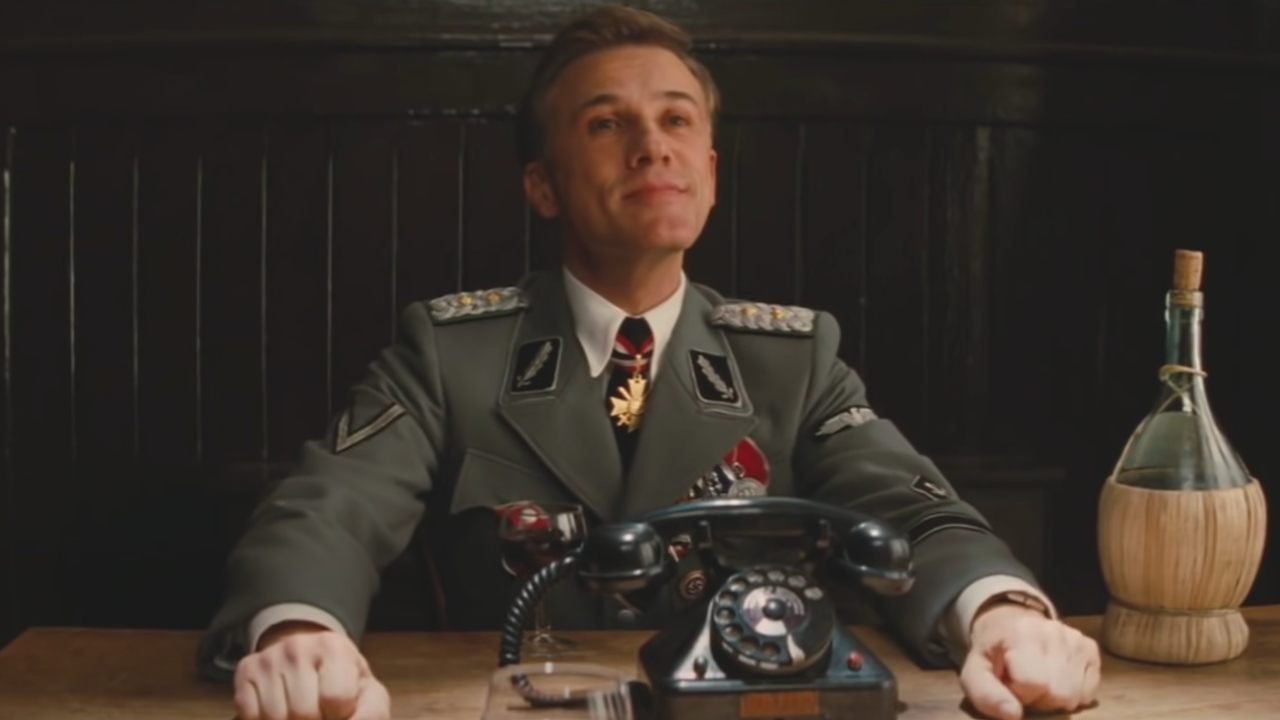
Inglourious Basterds (2009)
Like Quentin Tarantino’s other movie, Once Upon A Time In Hollywood, his Inglourious Basterds is presented as alternate history. Everyone knows that Adolf Hitler died in a bunker like a coward at the end of World War II, not in a gun battle in a theater, as the movie shows. That’s ok, there’s nothing dishonest about Tarantino’s presentation, but it’s still nowhere close to historically accurate.
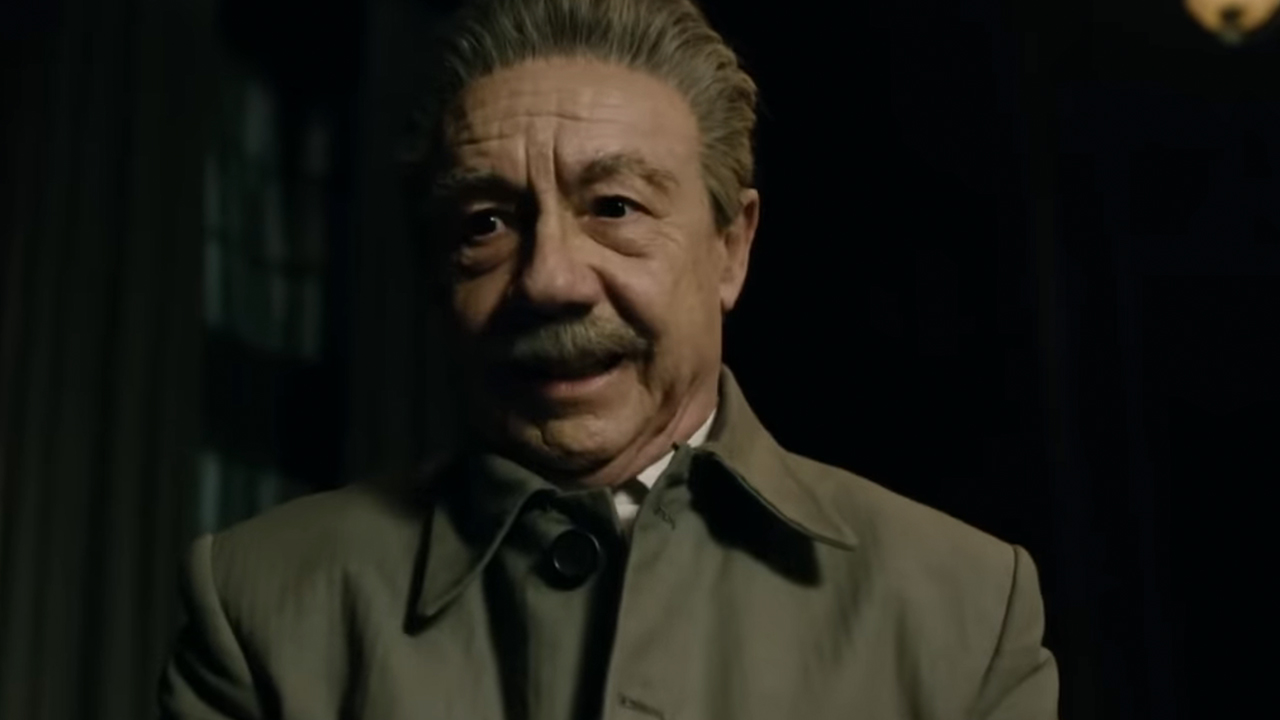
The Death of Stalin (2017)
Okay, so The Death of Stalin is a really tricky one. On one hand, it really does accurately portray the chaos and power-grabbing battle that happened with the high-ranking officials in the Communist Party in the Soviet Union after Stalin died. On the other hand, it’s a comedy and a farce, meant to be funny. It is, of course, hilarious and wonderful, but the characters are very different from how they were in real life. Still, a fantastic movie.
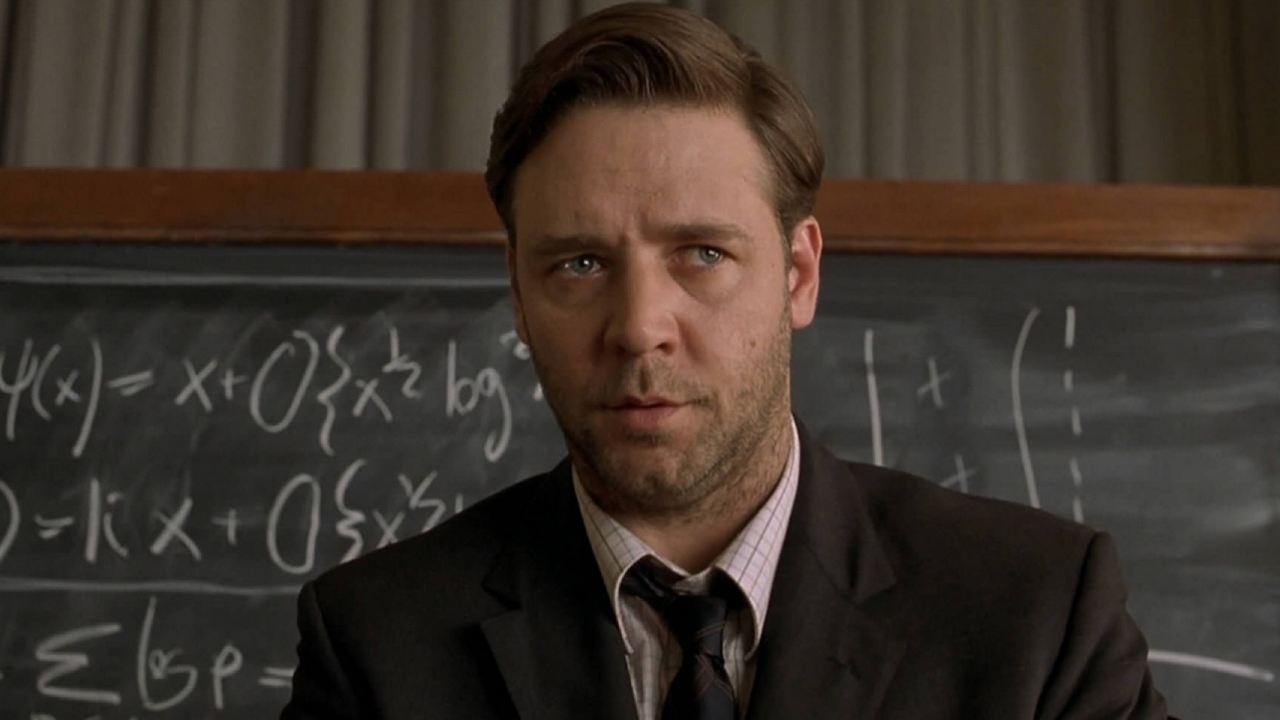
A Beautiful Mind (2001)
A Beautiful Mind is fairly accurate in its portrayal of mental illness, as it shows the harrowing way that the film’s protagonist, John Nash (Russell Crowe), dealt with his schizophrenia. On the other hand, much of the events of Nash’s life are not accurate, or even fabricated. So this one gets a 50% in its accuracy.
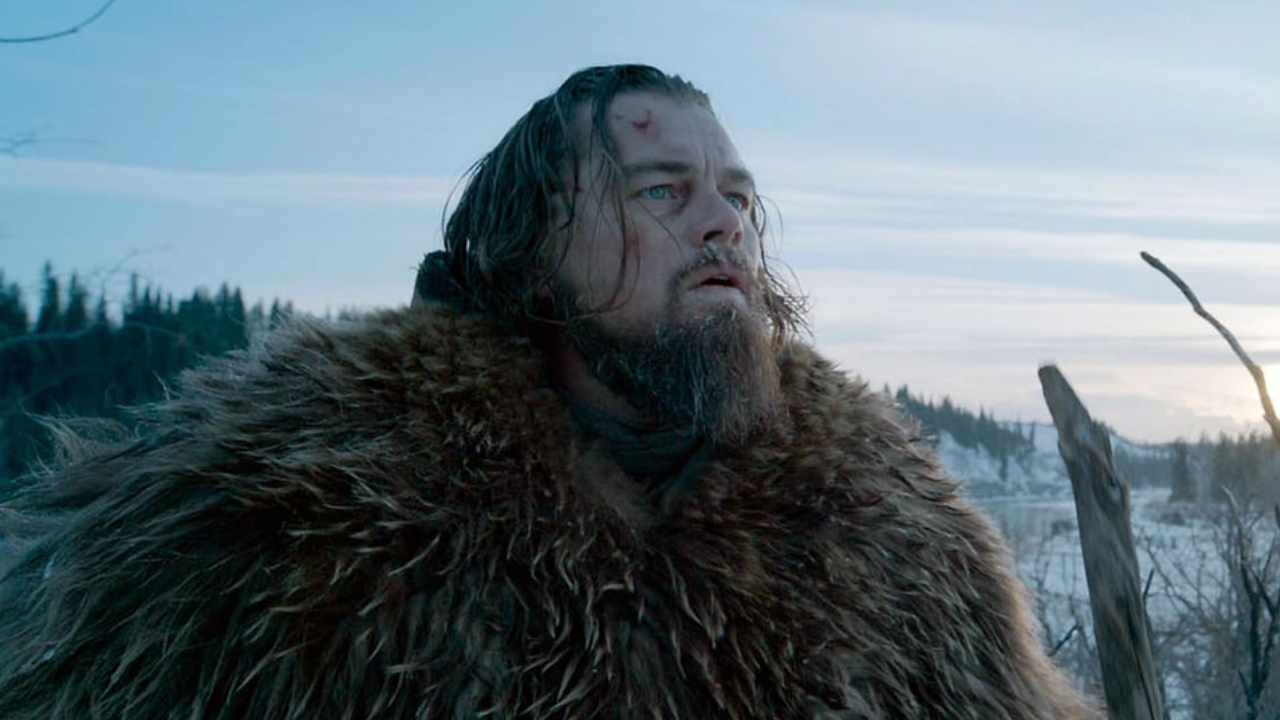
The Revenant (2015)
The Revenant, starring Leonardo DiCaprio, is a story so wild that audiences would be forgiven for thinking the whole thing was made up. It’s not though, much of what is seen in the movie is true. It’s an insane story, which makes it all the more curious that the filmmakers would not be accurate with Hugh Glass’ private life, where there is no evidence he had a Pawnee wife or children, as the movie claims.
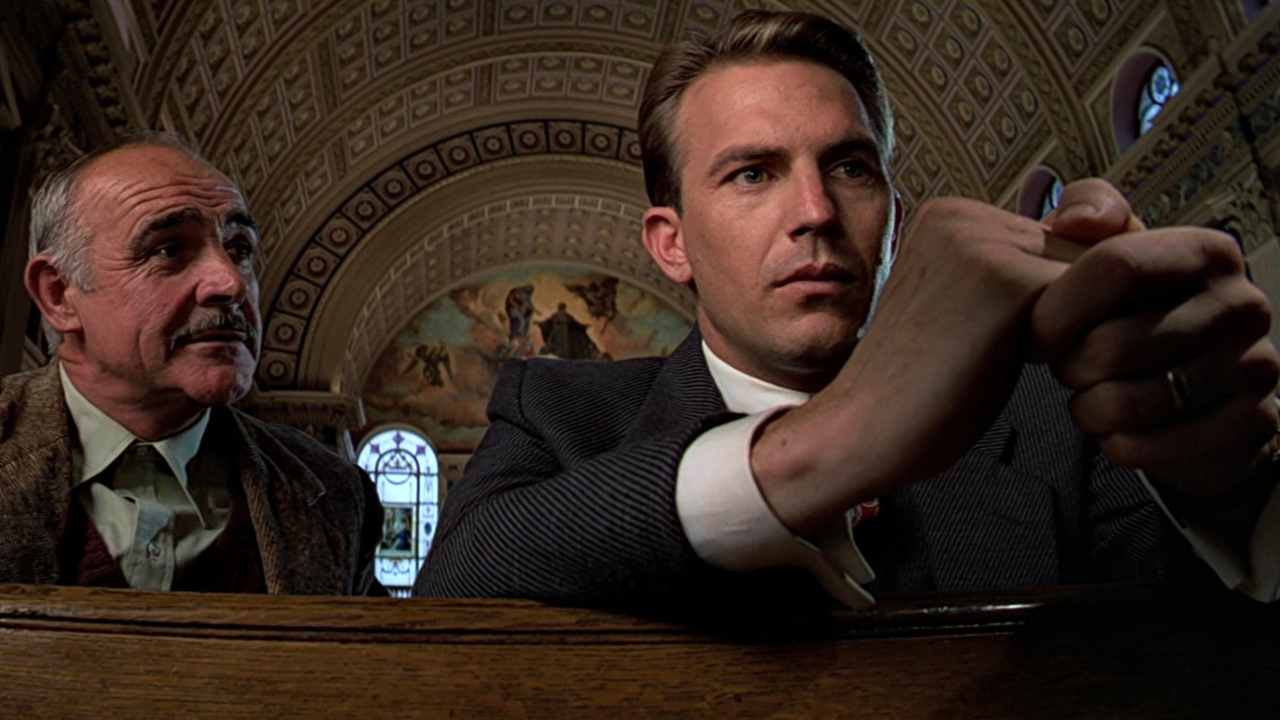
The Untouchables (1987)
Sean Connery won an Academy Award for The Untouchables, and Robert De Niro’s performance as Al Capone is among the very best of his career. The movie is really fun to watch and is completely rewatchable. It’s not, however, historically accurate at all. Virtually every event in the film is complete fiction.
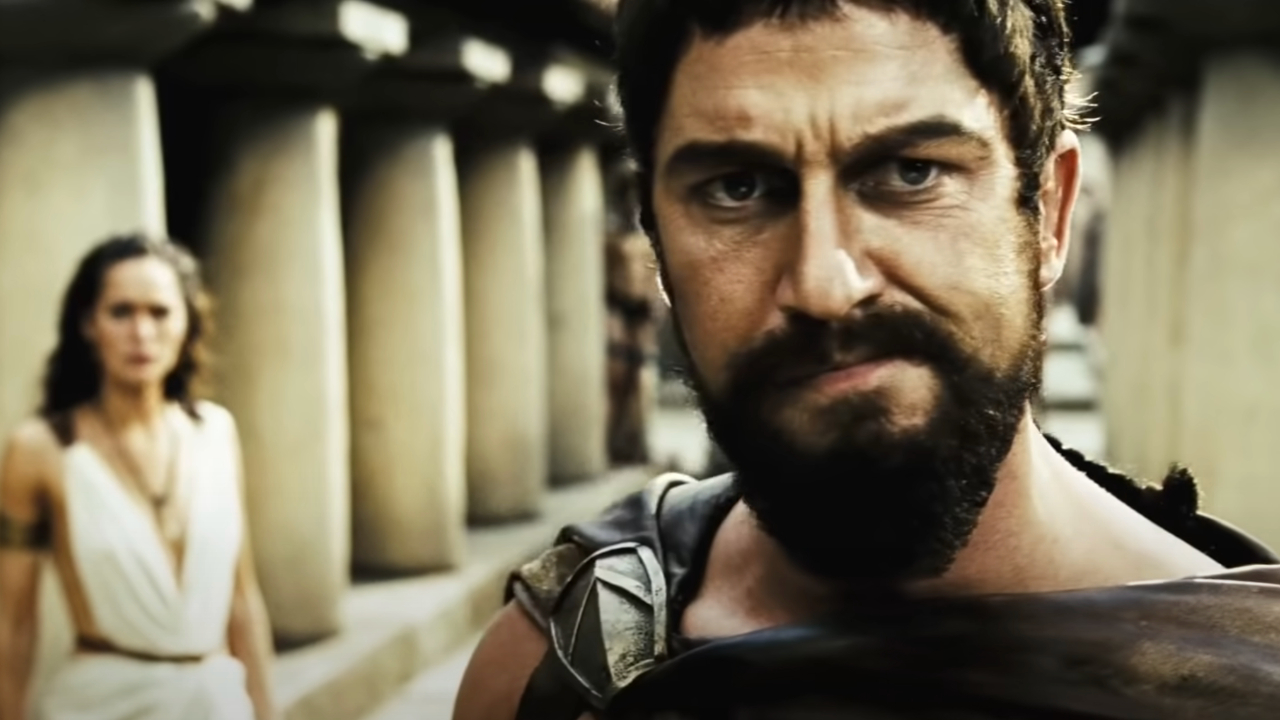
300 (2006)
Okay, okay, we’ll obviously acknowledge that 300 is supposed to be a fictionalized version of history, but like other alternate histories, or whatever you want to call 300, it’s important to point out that King Xerxes was not an 8-foot-tall God in real life. We’re just saying.

The Greatest Showman (2017)
While Hugh Jackman’s performance in The Greatest Showman is truly wonderful, very little about the character resembles the real-life P. T. Barnum. Barnum was cruel to his animals and many of his human performers. He was also a teetotaller, which Jackman’s character was not. A wonderful movie with terrible history.
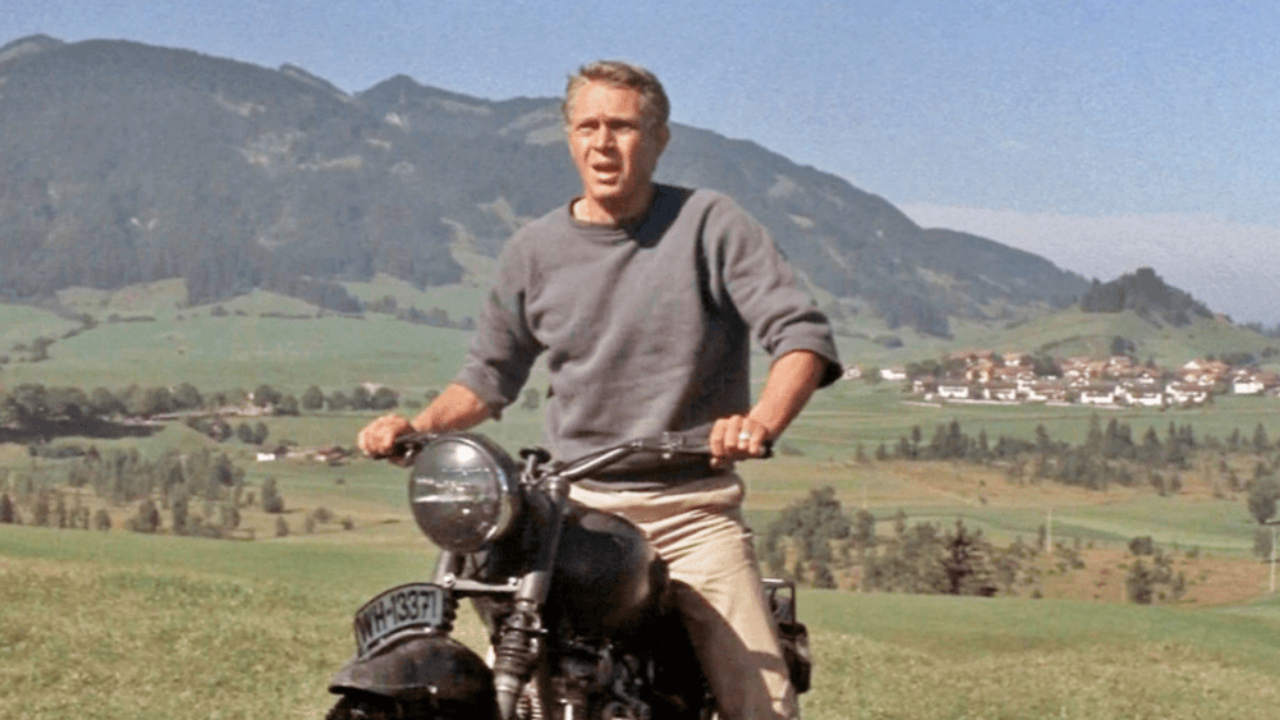
The Great Escape (1963)
1963’s The Great Escape is one of the greatest war movies of all time. It’s legendary reputation is based on the wonderful storytelling and great performances from a slew of Hollywood’s biggest stars of the day. While it’s based on a true story of Allied airmen breaking out of a POW camp, how it went down in real life bears little resemblance to how the movie shows.
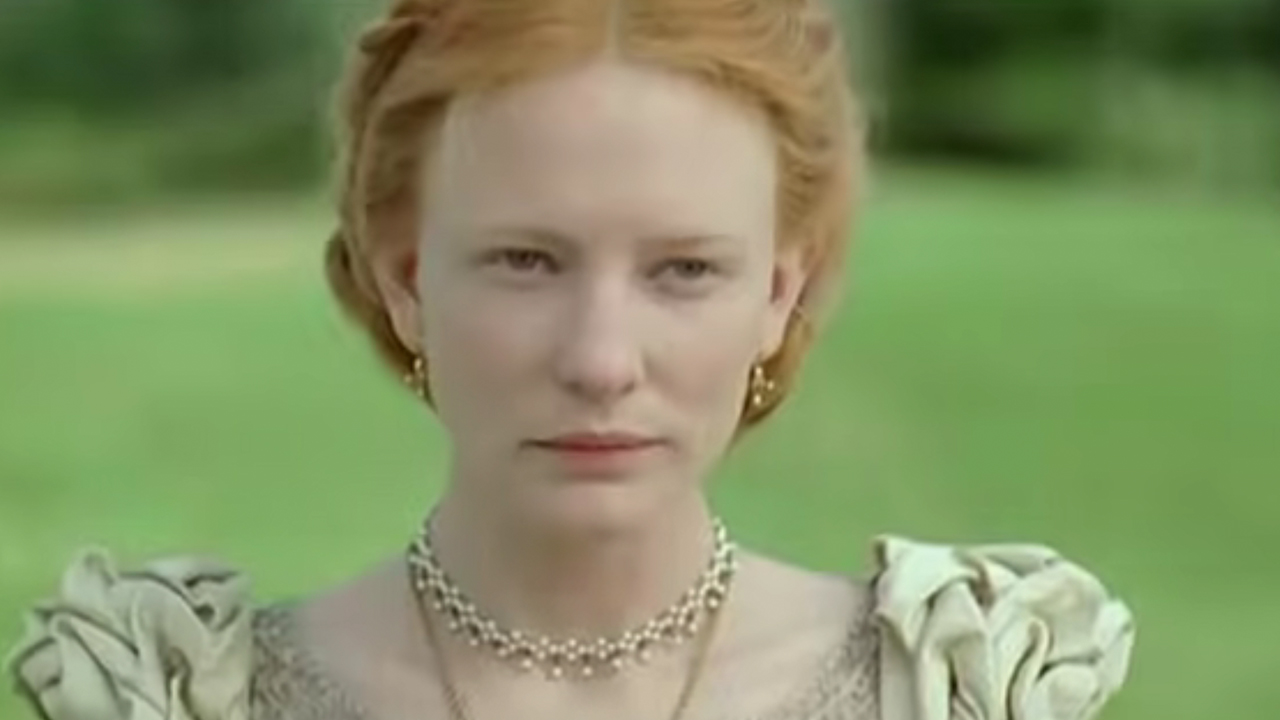
Elizabeth (1998)
Cate Blancett’s performance in Elizabeth from 1998 is great. Like, really great. The movie’s history, however, is a total mess. The timelines are totally off, many of the locations are wrong, and some events are totally made up. There’s more historically wrong than right in the movie. Still, it’s worth watching for Blancett.
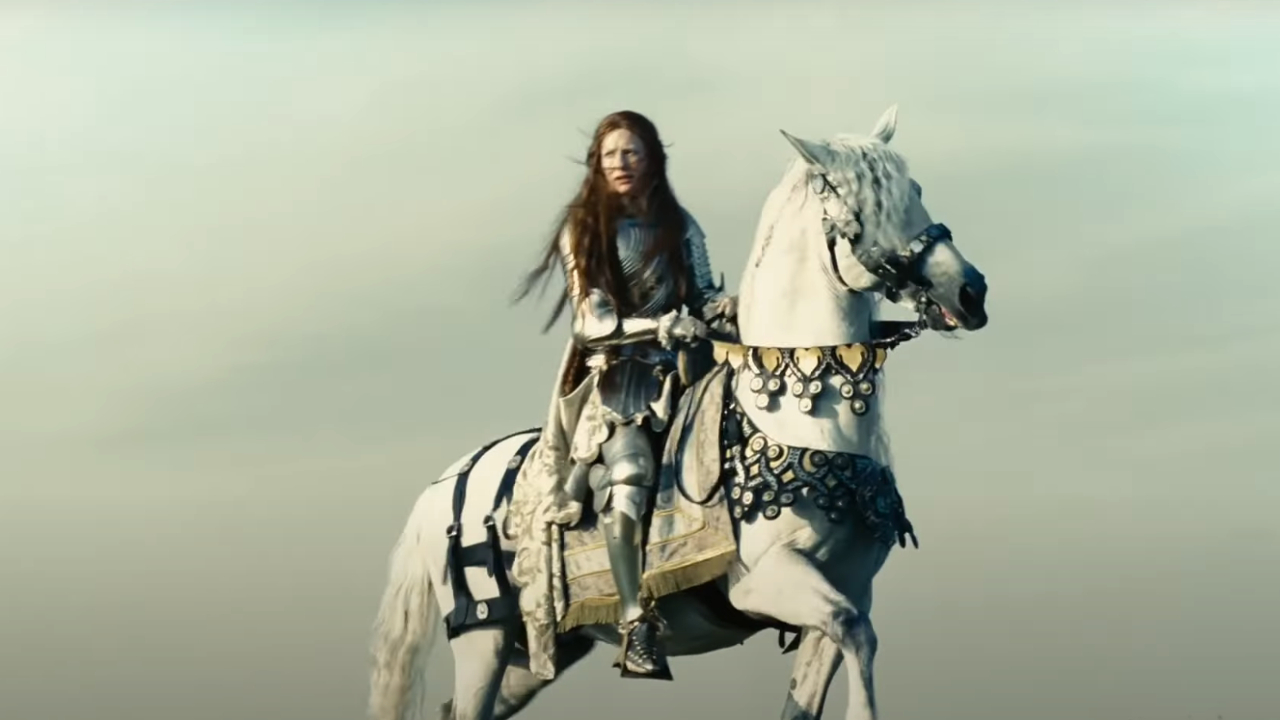
Elizabeth: The Golden Age (2007)
It’s impossible to imagine that 1998’s Elizabeth isn’t the most inaccurate movie about Queen Elizabeth I of England, and yet, its sequel Elizabeth: The Golden Age, is actually an even worse offender. Cate Blanchett is wonderful, again, as she was in the first, but the plot of the movie is even less based on real history than the first. It’s completely frustrating and, unlike the original, completely forgettable, despite Blanchett.
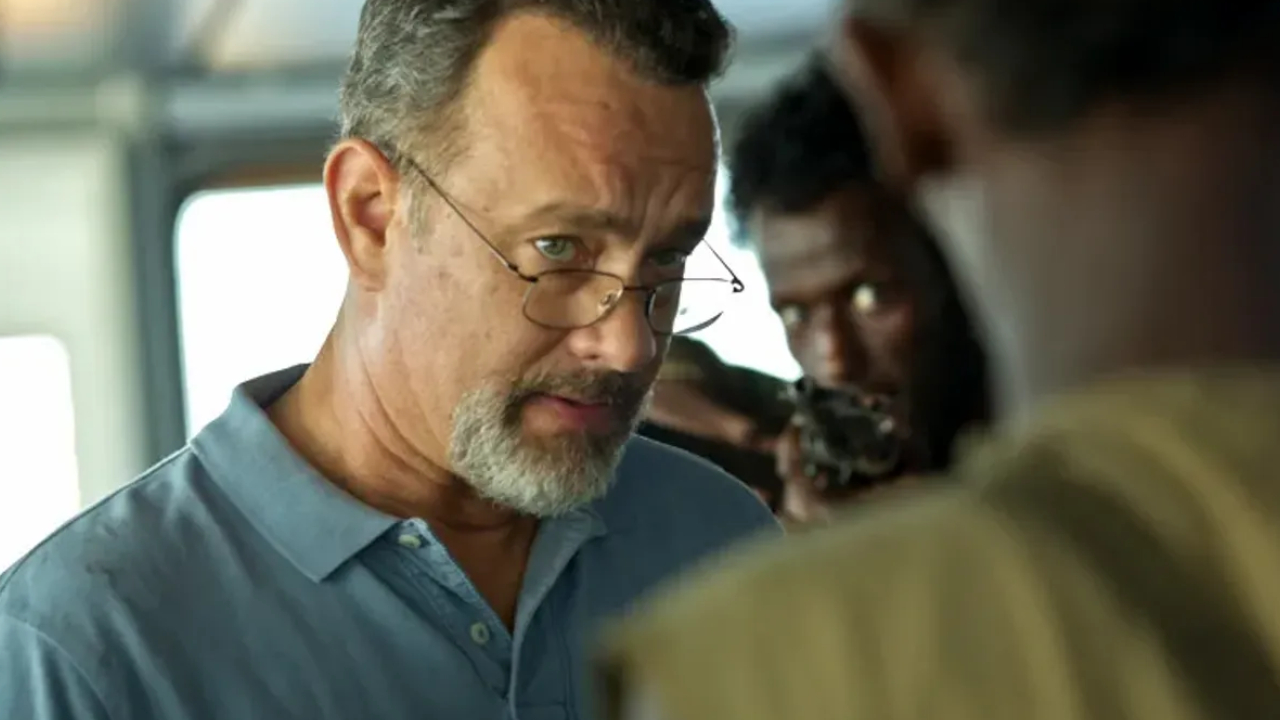
Captain Phillips (2013)
This is a movie we didn’t want to put on this list because it’s a white-knuckle adventure that is very much based on a true story. Still, it has to be on this list because the crew members of the Maersk Alabama, the ship captained by Capt. Phillips (Tom Hanks), insist the movie does not show how the real events really happened. It seems they disagree that Richard Phillips was not the hero he is portrayed as.
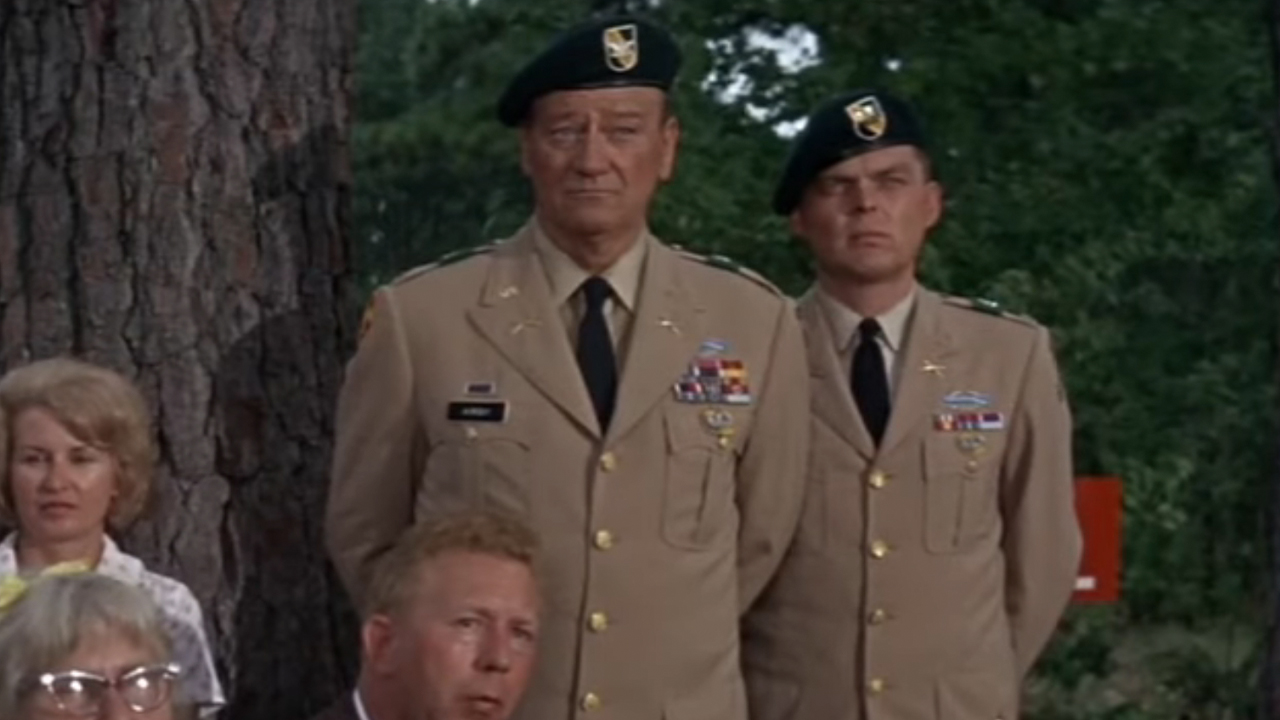
The Green Berets (1968)
Leave it to John Wayne to make a pro-Vietnam War movie in 1968, at the height of the conflict. With war protests raging across America, Mr. Patriotism John Wayne stepped in to make a piece of pro-war propaganda that extolls the virtues of the US’s involvement in a civil war in Southeast Asia. It is inaccurate and doesn’t represent the mood of the country in any way.
While many of the movies on this list are excellent movies and we don’t want to discourage you from watching and enjoying them, it’s always good to know how close to the real history they are.

Hugh Scott is the Syndication Editor for CinemaBlend. Before CinemaBlend, he was the managing editor for Suggest.com and Gossipcop.com, covering celebrity news and debunking false gossip. He has been in the publishing industry for almost two decades, covering pop culture – movies and TV shows, especially – with a keen interest and love for Gen X culture, the older influences on it, and what it has since inspired. He graduated from Boston University with a degree in Political Science but cured himself of the desire to be a politician almost immediately after graduation.
